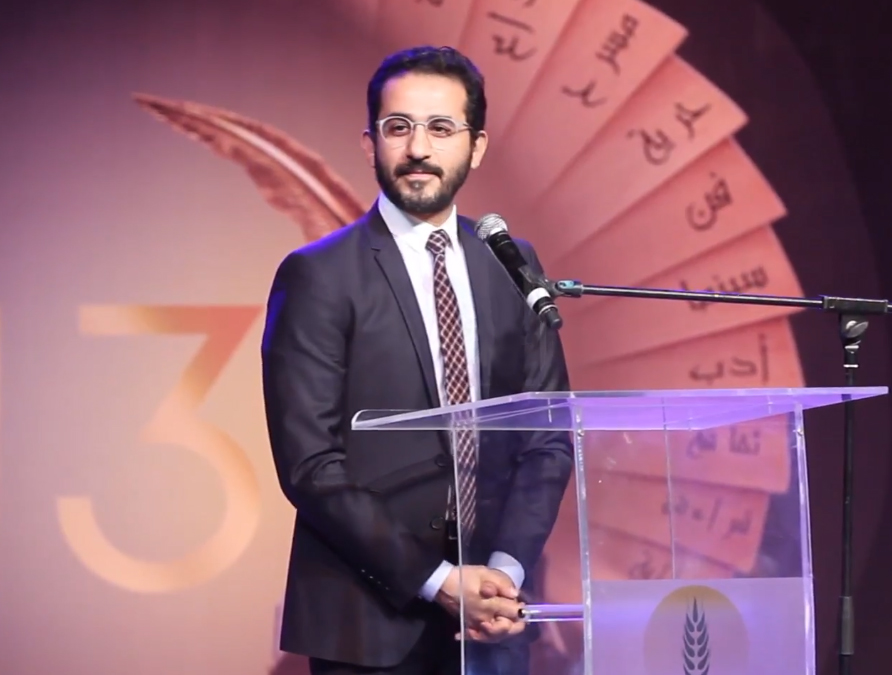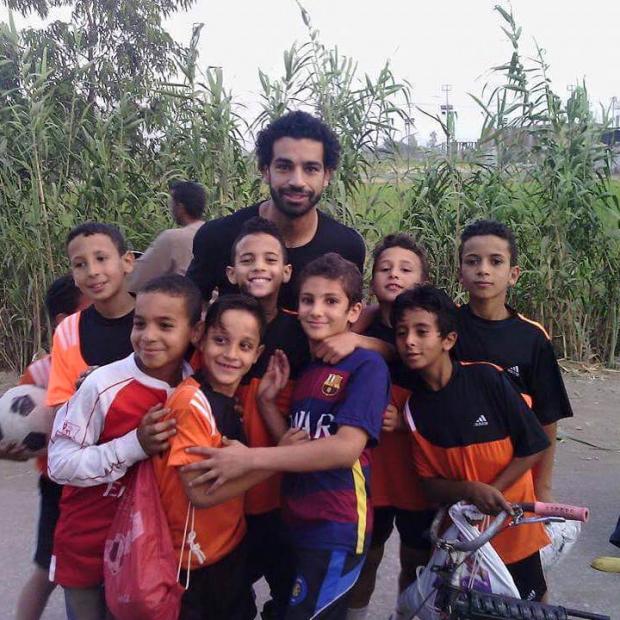
Even though kindergarteners have a reputation for being gullible, they are actually pretty good at evaluating sources of information.
Kids learn to discern tomfoolery early on, according to a new study published in PLOS One, that finds that even though they might still have a lot to learn, they are able to judge the quality of what’s being taught to them.
“Our study gives us a window into children’s developing social cognition, scepticism and critical thinking,” says Dr Patricia Brosseau-Liard, a postdoctoral fellow at Concordia University, US. “It shows us that, even though kindergarteners have a reputation for being gullible, they are actually pretty good at evaluating sources of information.”
Brosseau-Liard and co-authors worked with a participant group of 96 four- and five-year-olds recruited from a local science museum and a database of interested families. They showed the children a series of video clips featuring two women talking about animals, and a paper visual aid was handed out showing pictures of the animals and the women.
The kids then listened to the women make statements involving various combinations of accuracy/misinformation and confidence/hesitancy.
In one example, the children looked at a picture of an animal that was unfamiliar to them, a lantern fish. One of the women told them the correct name of the fish with hesitancy, while the other told them the wrong name of the fish with confidence.
Some of the children had encountered the speakers in a previous round of testing that involved familiar animals.
In that example, the same hesitant speaker had stated a known fact about the animal, while the confident speaker had stated false information (“Oh, I know! Whales live in the ground!”).
Among those who had already heard misinformation spoken by the confident speaker, the four-year-olds believed the truth-teller 50 percent of the time, but the five-year-olds were only 32 percent likely to put their money on the confidence-bearing individual.
So next time you want to pull a five-year-old's leg, you may want to upgrade your skills of deception to the latest version. But for seasoned deceivers, the ability to convince your young ones is bound to come in handy. “Parents can use this ability to help guide them in their learning,” says Brosseau-Liard.




